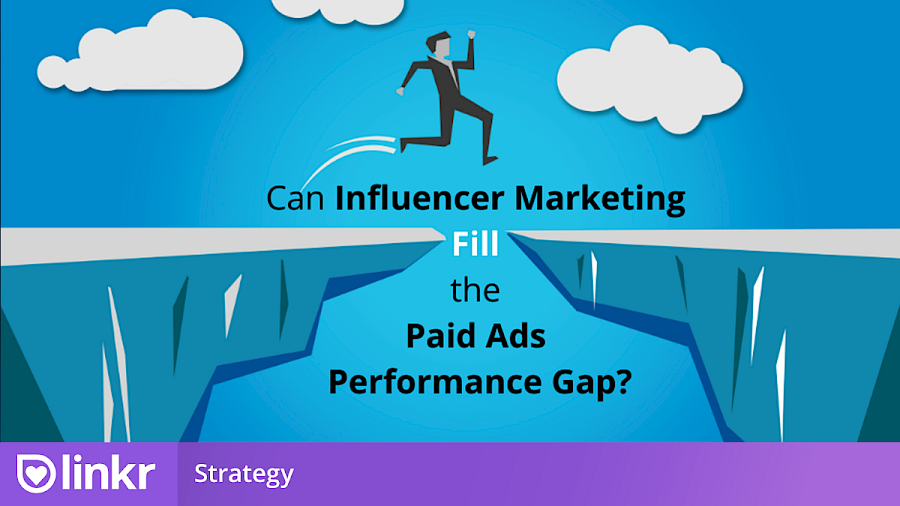Marketing is an essential part of any company. It is what gets as well as retains an audience. However, privacy concerns related to data collection and usage has skyrocketed over the last few years. More consumers than ever are concerned with the data they leave behind online. In response, public policy makers as well as technology companies have introduced measures to restrict tracking and data processing.
These changes have created a problem for marketers, where before they could rely on fine-grained targeting options for ads, and constantly re-target consumers to drive sales, they now face a shortage of data and opportunities to get the results they need.
Influencer marketing can help bridge this gap. Read on to know why and how.
Cookies and analytics, the basics
There are two main ways web pages can try to store your user behaviour. Cookies are commonly used to track things across a longer period of time, such as referrals, and are stored on your browser locally. Whereas tools such as Google Analytics store data such as which pages you visited, how long you stayed there and where you went next on a central server.
Through a combination of cookies and analytics services, platforms such as Facebook attempt to create a digital identity that identifies you as a person with a specific set of preferences. Then allowing them to sell this information to advertisers to show you ads that cater to your preferences.
Great, so what's the problem? - the "cookiepocalypse"
The problem is, this type of tracking technology was so widely spread that consumers became trapped in a world where every click, view, like, comment was tracked and sold without their consent.
As a result, most browser providers such as Apple (Safari) and Google (Chrome) have moved towards a "privacy first" model, blocking third party access to cookies and in some cases even blocking analytics services. In addition governments agreed to introduce the General Data Protection Regulation (GDPR) which forces website owners to explicitly ask permission to track data as well as increase transparency about what they use the data for and provide an option for users to opt-out. And when looking at the data, a massive number of users are deciding to opt-out, in fact, 96% of US users opt out of data tracking in iOS applications (Source: https://arstechnica.com/gadgets/2021/05/96-of-us-users-opt-out-of-app-tracking-in-ios-14-5-analytics-find).

With less data, advertisers are facing a massive struggle to figure out a user's preferences, if a user visited a page for the first time, and what content they engaged with during previous visits. This dramatically affects marketing and advertising performance, and is often referred to as the "cookiepocalypse".
Influencer Marketing to the rescue

Influencers are everywhere. Whether it is on TikTok or on Instagram, they have captured the attention of audiences.
Here’s how influencer marketing is inherently different from traditional digital marketing tactics:

Influencer marketing is “opt-in” by design itself. It depends on the user to follow an influencer they like. Once they don’t like what is being posted, they can (and will) “opt-out” - i.e. unfollow them.
Influencers are not required to rely on cookies for preference data. Users follow a particular influence because they like their content. Influencers usually resort to a specific category while sharing their content, which targets particular brands to take an interest in them and open scopes for collaborations.
Even though there are bots and fake accounts on social media these days, it is easy to spot them through tools like linkr. Moreover, most influencers have also realized the damage to their account and organic reach caused by buying fake followers and, as a consequence, have stopped doing so. Hence, fake accounts are not real threats to marketers anymore.
Other than ads, Influencer marketing also quickly builds trust on top of improving brand awareness.

So, can influencer marketing fill the paid ads performance gap? Well, the points mentioned above prove they can.
An influencer-enriched marketing strategy helps to effectively reach your target audience, foster growth for your business and build partnerships for future projects.
Conclusion
In a privacy first world, marketers have an even bigger opportunity to leverage the trusted networks of influencers to bridge the gap to consumers.
linkr enables marketers that are new to influencer collaborations to get started quickly and learn with every cooperation. At the same time, it also allows seasoned veterans to efficiently and effectively scale their influencer marketing programs. Start your free trial today.



